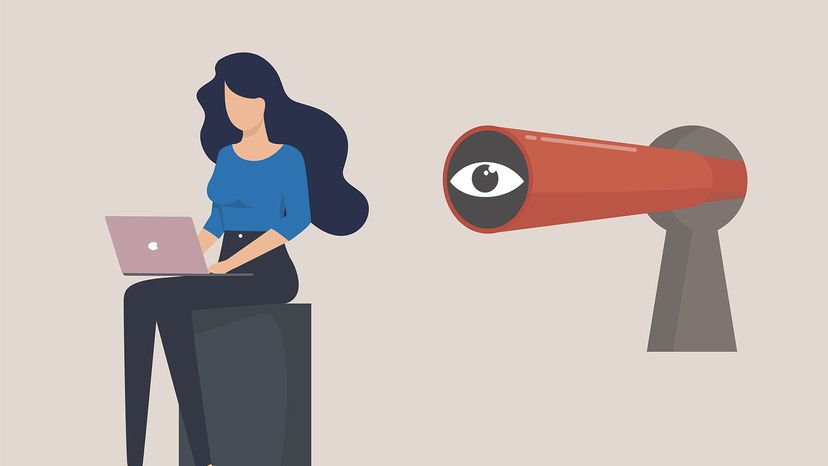
It’s no secret that change is flying at us from just about every direction. Life as we knew back in 2019 changed quite literally overnight. Now, nearly two and a half years later, we’re still strapped into this roller-coaster, observing and experiencing the aftermath and the impact it has had on our lives.
In a nutshell: We are overwhelmed, exhausted, and managing various levels of chronic stress, which one could argue are unavoidable factors of life. But attempting to navigate change—whether unpredictably tumultuous or highly anticipated—especially in today’s chaotic times has the potential to derail our normal routines. Perhaps the heaviest impact of all is felt in our efforts to make decisions for ourselves, and ultimately we are left to our own devices to do so.
Shifting our focus to decision-making
How easy would it be to have someone steer us in the right direction in the face of indecisiveness? We are fighting to get ourselves back on track and establish what we now refer to as a “new normal,” setting ambitious goals for ourselves and deciding which is the most direct path as we go. The thing is, in order to successfully accomplish any goal, we must first master the art of decision-making, otherwise we remain stuck, catatonic even, depriving ourselves of any forward progress.
So, as the ever-shifting tides of change set in, we must shift our focus. What was formerly a big discussion on goal setting and achieving is now pivoting to decision-making. While we need our primary goals to provide direction like a North Star inspiring our “why,” we need to enhance our decision-making ability to avoid paralysis and make progress.
The army, for example, employs a 70% rule in decision-making: Once you have 70% of the information available, you can move forward. To achieve progress, a “good” decision on time is better than a perfect decision too late. Narrowing your focus will help, especially with decisions that carry more weight.
The impact of stress
Under any level of stress, we are less equipped or capable to logically think through our choices. Research indicates we can lose up to 70% of our cognitive ability while under stress. Is there a more relatable feeling than suffocating under immense levels of stress and then attempting to decide where to go for lunch? Certainly we’ve all heard people in our lives tease that the majority of their relationship consists of arguing over what to eat for dinner. Take that one step further: You and your partner have set a wellness goal for yourselves, but the stress of family and work has you both on edge, and now you must make a last-minute decision on a healthy dinner option that keeps you on track.
Like so many other things in our lives, it doesn’t have to be that complicated. So many of the decisions we struggle with or refuse to make are fairly irrelevant in the long run. Yet we insist on wasting far too much time pining over them, often out of fear we might lose momentum toward reaching our goals. Ironically, the first decision that must be made in regard to decision-making is whether a decision actually needs to be made–now, say that five times fast.
Risk vs. reality
The official act of decision-making breaks down into two categories: weighing risk and reality. In any significant decision, we have to weigh the risk level and the reality of the situation.
When it comes to evaluating risk, we are recognizing that we are either losing or gaining something, or some combination thereof. It’s a barter system: identifying what you are willing to sacrifice in order to gain, or what you are willing to let go of permanently. This comes down to values, priorities, and yourself.
Once you’ve identified your willingness to take a risk, the reality check sets in. How will Murphy’s Law and the rest of life impact the decision you’re about to make? What obstacles are in your way? What assumptions are you making that you can’t control? Do not let these distractions paralyze you. Acknowledge the challenges while facing them with the confidence and knowledge that there is no one more equipped to weigh these odds for yourself than you.
Change is inevitable. Stress is inescapable. And we all have ambition and dreams that keep us moving forward. What matters is that we have direction, and what fuels direction is our ability to make decisions. So, when push comes to shove, there is no goal achievement without decision-making. Trust in your values and belief systems, don’t overthink it, and rely on the unexpected twists, turns, and opportunities that may reveal themselves along the way.
Jim Frawley is a coach and consultant, as well as the founder and CEO of Bellwether, a talent coaching firm.





